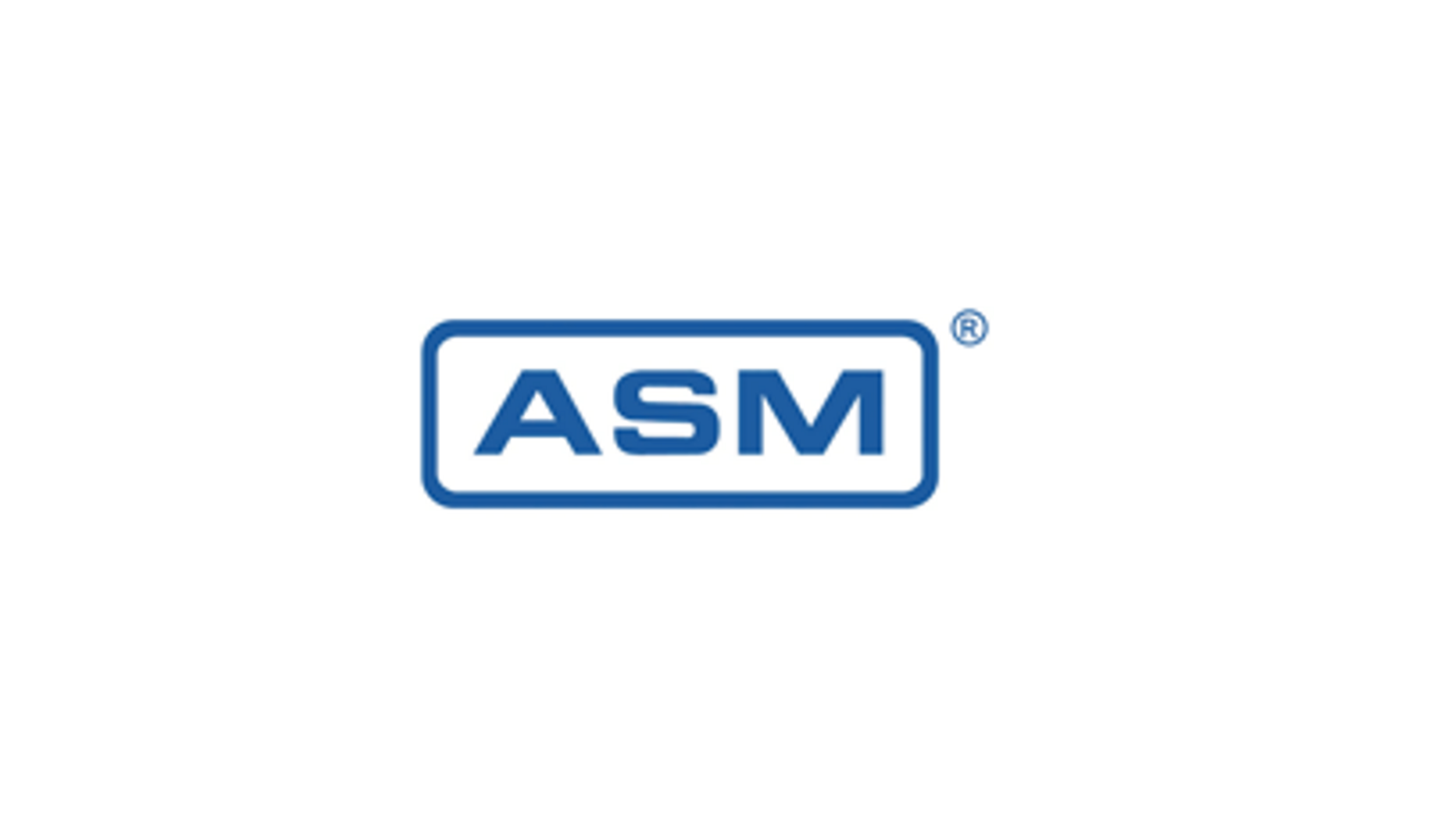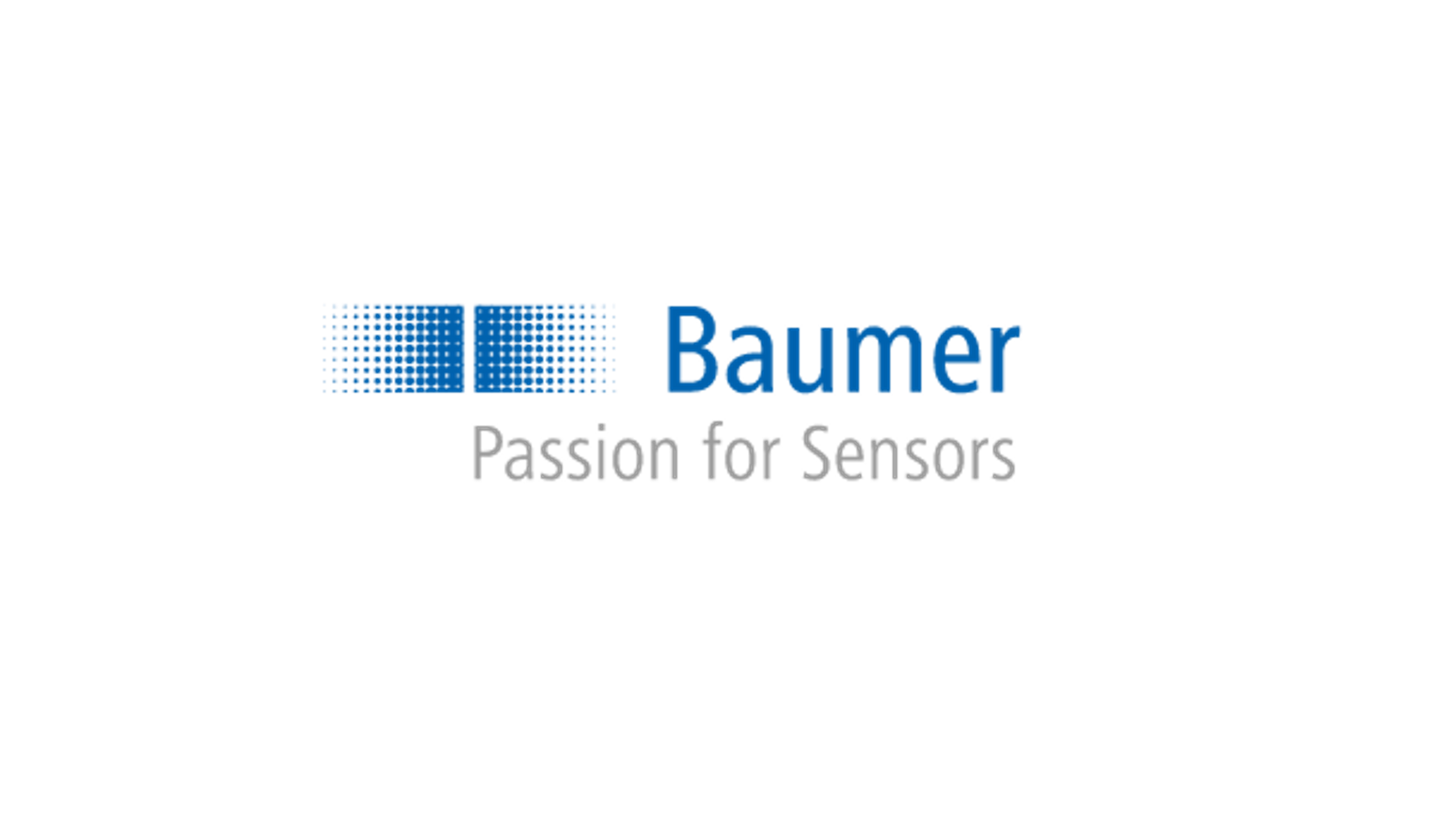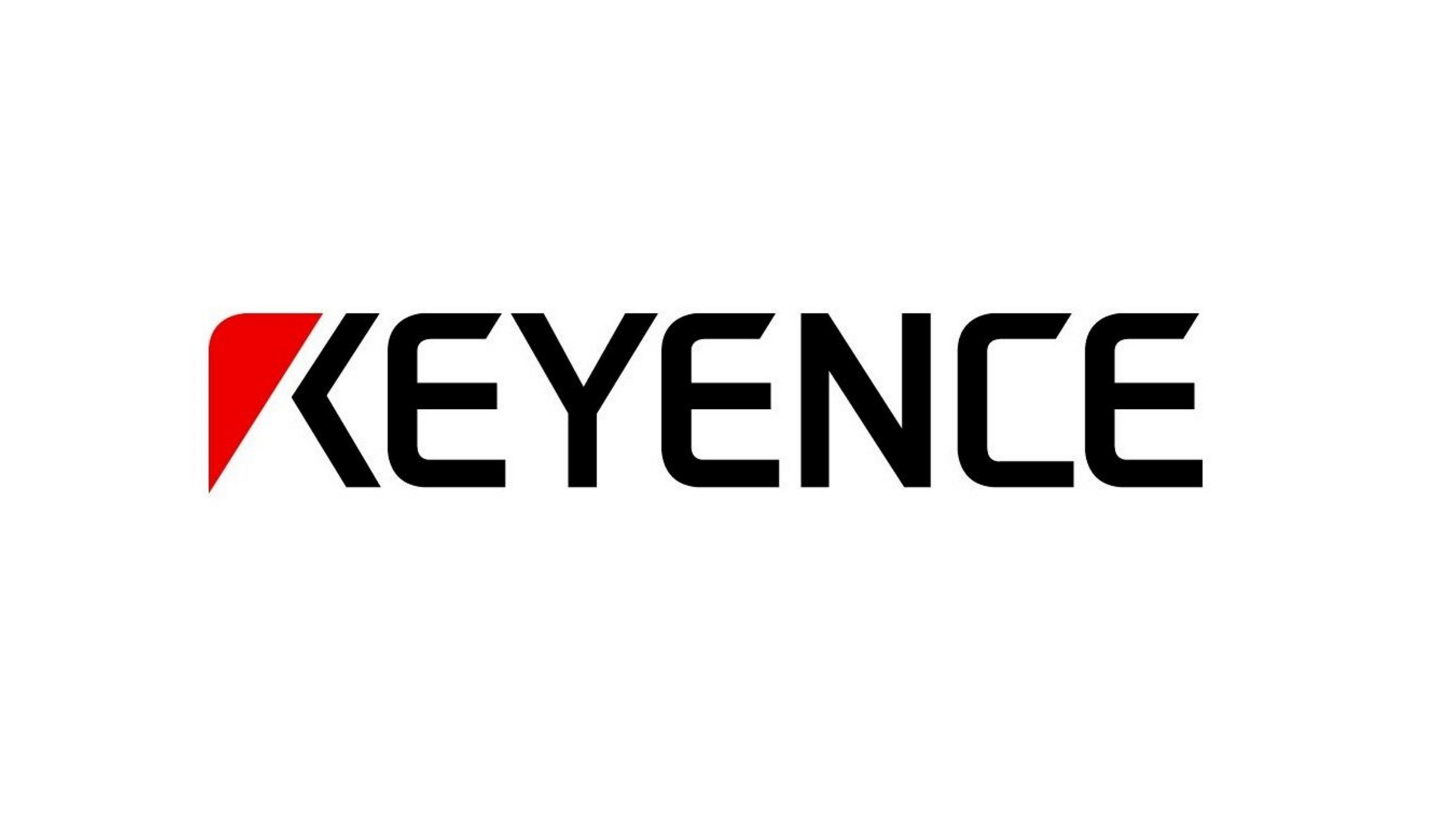A sensor is a device that detects and measures the properties of its environment. Such measuring devices are essential in many industrial, medical, and home automation systems. Various measuring devices can automate monitoring and maintenance, among other things. Movetec imports high-quality sensors from ASM, Baumer, and Keyence, whose complementary ranges ensure that we find the right solution for every need.

ASM has over 40 years of experience in sensor technology. Their range includes highly reliable and high-quality solutions for position, tilt, and angle measurement needs across seven different product lines. ASM’s goal is always to develop optimal solutions for application requirements and continuously improve existing products. At Movetec, we have particularly witnessed this with sensor solutions for mobile equipment.
Get to know the supplier

Keyence is a Japanese high-tech company founded in 1974, with offices and subsidiaries in several countries today. Keyence has long been one of the most innovative companies in the world. This becomes clear when exploring their product range, which includes the latest technological solutions in sensors, measuring instruments, and measurement stations. Keyence has a strong focus on product development. Movetec represents Keyence’s product range in Finland.
Get to know the supplierSensors are important devices that detect and measure environmental changes and convert them into electrical signals. Essentially, they function by detecting changes in their surroundings and transmitting the information to the intended application.
The operation of sensors is based on various technologies, such as electromagnetic, optical, acoustic, and chemical measurements. For example, a temperature sensor may detect changes in temperature by observing changes in the electrical resistance of a thermistor.
When a sensor detects a change, it generates an electrical signal, which is sent to a measuring device or control system. There, the signal can be processed, interpreted, and used for various purposes, such as display, recording, or automation. Sensors are essential in many applications, including industrial process control, healthcare, transportation, and home automation.
There are many types of sensors that detect various environmental properties. The most common types include:
Additionally, there are specialized sensors such as:
These different sensor types offer versatile possibilities for various applications, including industrial automation, transportation, medical technology, and environmental monitoring.
Industrial automation heavily relies on sensors in applications such as process monitoring, quality control, and production line optimization. Sensors are also integral in medical devices, including blood pressure monitors, heart rate monitors, and diagnostic equipment. In the automotive industry, sensors are used for tasks such as motion detection, distance measurement, and temperature monitoring to enhance safety, vehicle control, and comfort.
In the transportation and logistics sector, sensors provide data for cargo tracking, transportation optimization, and vehicle monitoring. Oil and gas production processes use sensors to measure and monitor pressure, temperature, and flow. Sensors are also vital in environmental monitoring, such as air quality measurement, earthquake detection, and weather forecasting.
These diverse applications demonstrate the crucial role of sensors across multiple industries.
When selecting the right sensor, several factors must be considered. First, clearly define the purpose of the sensor and the environment in which it will operate. Take into account the required accuracy, sensitivity, and operating temperature. Choose the sensor type, such as optical, temperature, or humidity, that best suits your application. Also, consider power consumption, signal integration, and cost. Ensure the sensor is compatible with the electronics and software being used. Lastly, check availability and technical support. Choosing the right sensor helps ensure optimal performance and reliability in your application.